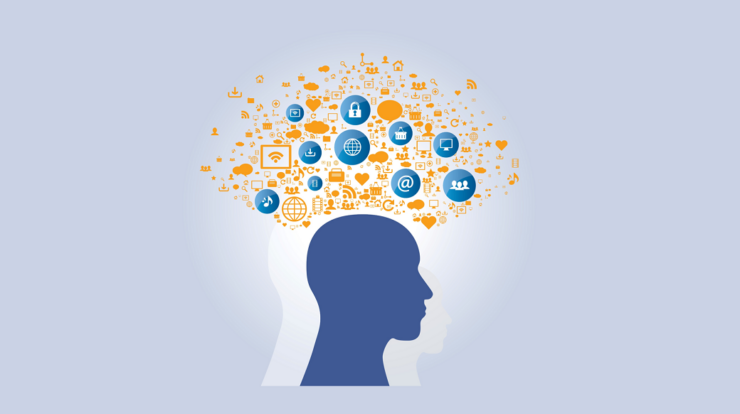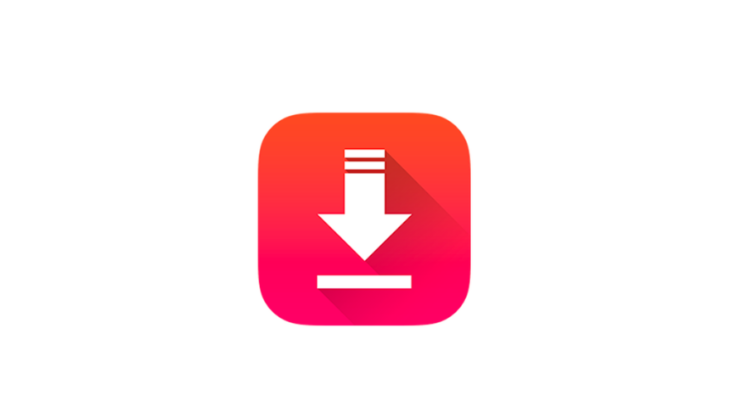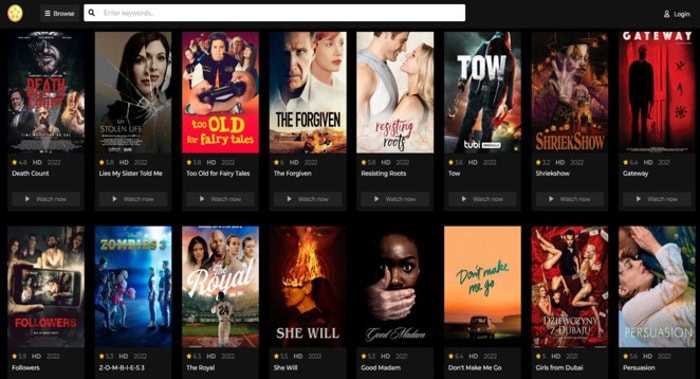
The broad spectrum of treatments and therapies used to treat psychological problems and advance emotional well-being is referred to as mental health therapy. Novel approaches to treating mental illness have emerged thanks to technological breakthroughs that have revolutionized the sector. Online advising and mental wellness applications are just two of the instruments that innovation has made available to address emotional health.
The significance of mental health treatment cannot be overstated because mental health issues affect millions of people worldwide and have a significant impact on their quality of life. In the past decades, technology has played a bigger role in mental illness treatments, making it easier for people to get the help they need.
Technology-assisted therapy for mental disorders has the potential to overcome many of the drawbacks of traditional in-person treatment, such stigma, cost and access. This makes it a viable option for many people who need mental health care. Here is a look at some of the potential advantages and disadvantages of teletherapy and mental health apps.
Teletherapy for the treatment of mental illness
Teletherapy, sometimes referred to as virtual therapy or online therapy, is the delivery of mental health treatments through electronic channels such as texting, video conferencing and phone conversations. Compared to conventional in-person treatment, teletherapy has several benefits, including greater accessibility and convenience. Clients don’t need to travel and may obtain treatment from the convenience of their homes, saving money.
Additionally, teletherapy offers more flexibility in appointment scheduling, making it easier for people to fit treatment into their hectic schedules. Teletherapy also offers a more private and discreet way to obtain care, which may help reduce the stigma attached to mental health care.
Although teletherapy has many benefits, it is important to remember that not everyone is a good candidate for it. The absence of face-to-face communication and proximity to their therapist may make it challenging for some people to establish a solid therapeutic connection. The efficacy of teletherapy may sometimes be hampered by technical concerns as well, such as an unreliable internet connection or problems with video conferencing software.
Despite these factors, teletherapy presents a promising substitute for conventional in-person therapy, offering greater accessibility and convenience without compromising the efficacy of the treatment.
Apps for mental health
Digital tools and services created to assist mental health and wellness are referred to as mental health apps. These applications come in a variety of designs, such as those for mindfulness and meditation, cognitive behavioral therapy and mood monitoring. Because they can be downloaded and used on smartphones and other digital devices, accessibility is one of the main benefits of mental health apps. Additionally, many mental health apps are simple to use and intuitive, which makes them a popular choice for people looking for mental health support.
Research has shown that mental health apps are useful in treating a variety of mental health issues, including depression and anxiety. Mental health apps may help reduce the signs of depression and anxiety, according to a meta-analysis of 18 randomized controlled trials, with some studies showing benefits comparable to those of conventional treatment. Mental health apps can be especially helpful for people who may have difficulty accessing traditional therapy, such as those who live in remote areas or have limited financial resources.
Although mental health apps have some drawbacks and may not be appropriate for individuals with more severe mental health disorders due to the lack of individualized support, they can serve as useful tools and resources.
Technology is also helping people earn a masters degree in mental health counseling online, making it easier for those who cannot attend classes in person to enter this field. The American International College offers a fully online program with a flexible schedule and placement services for hands-on experience.
For those enrolling in the program, mental health apps can also provide a deeper understanding of how technology can be integrated into mental health treatment. As technology continues to advance, it is likely that mental health apps will play an increasingly significant role in mental health treatment, and mental health professionals should be prepared to adapt to these changes so they can provide the best care possible for their clients.
The use of technology in mental health treatment: Ethical considerations
While technology has opened new avenues for mental health care, its application also raises significant ethical questions. The use of electronic devices and communication channels may raise the danger of data breaches or illegal access to sensitive information. Additionally, there might be issues with the dependability and accuracy of some digital tools, as well as potential biases in their data analysis and algorithms. Another issue is the risk that technology solutions might take the place of the therapeutic relationship between a patient and therapist, lowering the standard of treatment.
By giving students a thorough grasp of the ethical principles and best practices in mental health therapy, mental health counseling master’s programs can play a helpful role in resolving these ethical concerns. These programs may provide students with practical experience with digital tools and technology in mental health therapy, and they often include coursework on subjects such as confidentiality and informed consent. Mental health practitioners should make sure that technology is used responsibly and efficiently, emphasizing the well-being of their clients by incorporating ethical issues into their training and practice.
Conclusion
Technology is transforming mental health treatment. Teletherapy and mental health applications provide easily accessible and helpful assistance to those who are struggling with their mental health. However, the use of technology also raises significant ethical questions, such as those concerning accuracy, dependability, privacy, confidentiality and the potential for technology to take the place of the human element in therapy. The potential advantages of employing technology in mental health therapy must be taken into consideration, and these issues must be addressed.
The ethical use of technology in the practice of mental health professionals must remain a top priority moving forward. These professionals must also embrace new tools and resources that can raise the standard and accessibility of mental health treatment. To fully explore the potential of technology in mental health therapy and solve the issues and obstacles it presents, further research and development is required. Technology will continue to play a significant role in enhancing mental health and wellness for people and communities with a considered and ethical approach.


